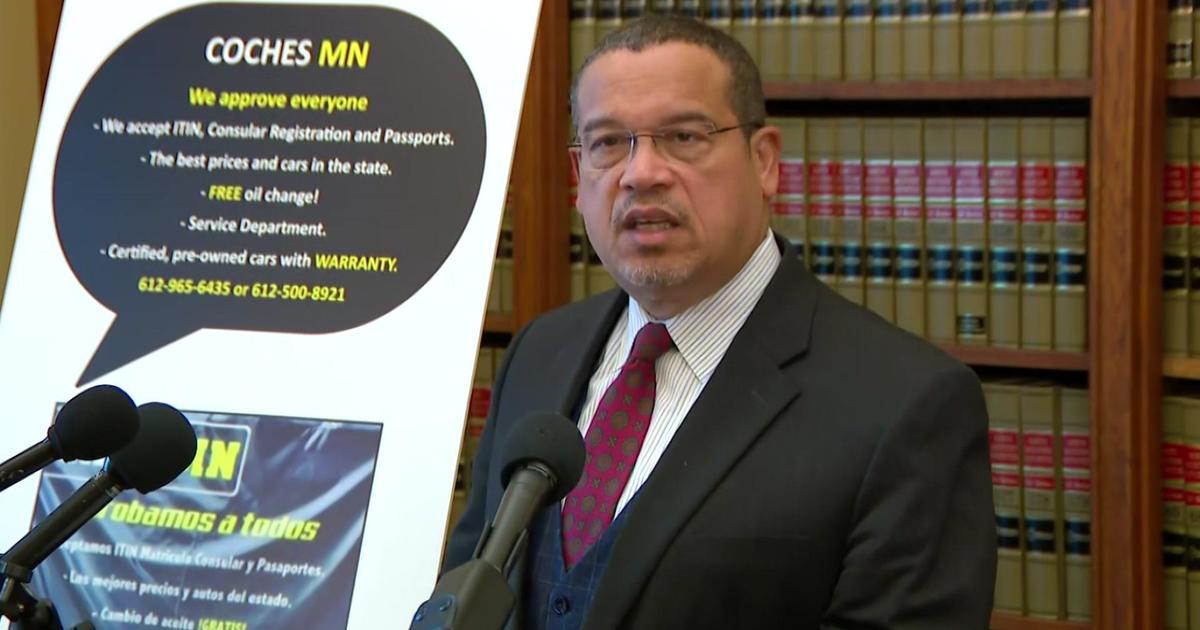Dozens Of Common Drugs Turning Up In Our Lake Water
ST. PAUL, Minn. (WCCO) - We'd like to think of our "Land of 10,000 Lakes" as pure and pristine, but the cold hard truth is being told in a new report.
The latest study by the Minnesota Pollution Control Agency reveals a wide-ranging brew of medicines, cosmetics, DEET and even cocaine in the water.
The list of sampled lakes includes Cedar and Owasso here in the Twin Cities, as well as Kabetogema on the Canadian border..
Heidi Graf and her son come to Roseville's Lake Owasso both for the fish and the clean water.
"The people out here are nice and it's nice and quiet and peaceful, and the lake is very clean," Graf said.
But it turns out there's more in most Minnesota lakes than just fish. An ongoing study by the MPCA staff finds a literal drug store. They sampled a wide list of common medications, from drugs to control diabetes and cholesterol to pills for blood pressure and breathing.
It's the end result of what happens when pharmaceuticals get flushed down our drains. They get sent to a waste water treatment facilities but eventually make their way back into our rivers, lakes and streams.
"We've tested for something like 125 different chemicals," the MPCA's lead study author Mark Ferrey said.
Ferrey said the latest phase of the study sampled 11 Minnesota lakes and four streams for trace amounts of commonly used pharmaceuticals and personal care products.
What they found was measured in parts per trillion. That's the equivalent of a drop placed into 20 swimming pools.
The study reveals not so much a concern for human health but, rather, the possible effects on aquatic life.
Past studies and research have shown that hormones added to lakes can disrupt the reproduction of minnows, fish and clams.
"We find DEET, the insect repellent, virtually everyplace we look," Ferrey said. "In this latest study we found it in 91 percent of the samples we looked at."
This summer the study will enter another phase when researchers begin to track down how even the most remote, northern border lake can have the presence of these common pharmaceuticals.
"We get very worried about stuff like that," Graf said.
MPCA staff adds that this is a problem that everyone can help solve. They advise consumers to never flush unwanted pharmaceuticals down the toilet.
Instead, unused drugs should be sealed in a plastic bag in a mixture of coffee grounds or cat litter and vinegar and then placed in the municipal trash. That method of disposal is much safer for the environment.
In addition, most cities and counties offer frequent waste collection services that include unwanted medicines.



